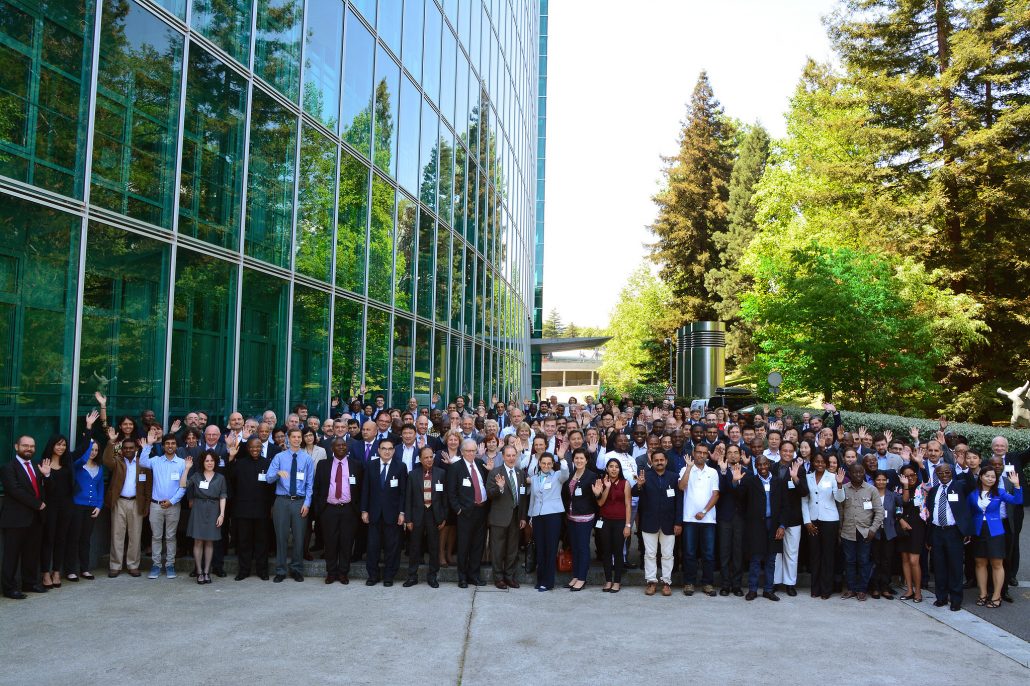The HydroConference brought together 219 providers and users of hydrological services from 85 countries and 34 organizations to strengthen knowledge-sharing and coordination. Held from 7 to 9 May at the World Meteorological Organization (WMO) Headquarters Geneva, Switzerland, the HydroConference stressed that sustainability of water resources and reduction of disaster risk can only be achieved by addressing the full value chain, from data collection to the production of efficient hydrological services that allow informed decision- and policy-making.
“It is estimated that by 2050, at least one in four people is likely to live in a country affected by chronic or recurring shortages of fresh water. Floods cost an estimated 120 billion dollars per year and droughts can stunt economic growth. It is therefore a top priority to improve the sustainable management of water resources,” said Harry Lins, President of the WMO Commission for Hydrology.
“We need to develop an action plan,” said HydroConference Chair Johan Gély of the Swiss Agency for Development and Cooperation. “Good hydrological services have a tremendous impact on the three pillars of the international agenda on sustainable development, disaster risk reduction and climate change,” he said.
About 90% of natural disaster impacts are water-related. Floods cost an estimated 120 billion dollars per year, whilst droughts stunt economic growth and trigger migration. Water lies at the heart of climate change adaptation.
The Associated Programme on Flood Management (APFM) was one of the global initiatives highlighted during the HydroConference. APFM was recognized as a key programme for strengthening collaboration among the expert institutions globally and in selected regions and countries, in order to improve flood management, including through improved hydrological services. Hydrological services are directly relevant to the work of the APFM on End-to-End Early Warning Systems, with the APFM playing a key role in the WMO Flood Forecasting Initiative. APFM also provides guidance on hydrological services such as flood risk mapping in relation to disaster risk reduction and to land use planning.
The HydroConference was co-organized and supported by WMO, UNESCO, the Global Facility for Disaster Risk Reduction and Recovery/World Bank Group, the Food and Agriculture Organization, the Global Water Partnership, the International Centre for Water Hazard and Risk Management, the UN Economic Commission for Europe, the International Association of Hydrological Sciences, USAID and the Swiss Agency for Development and Cooperation.
Learn more about the WMO HydroConference at hydroconference.wmo.int
